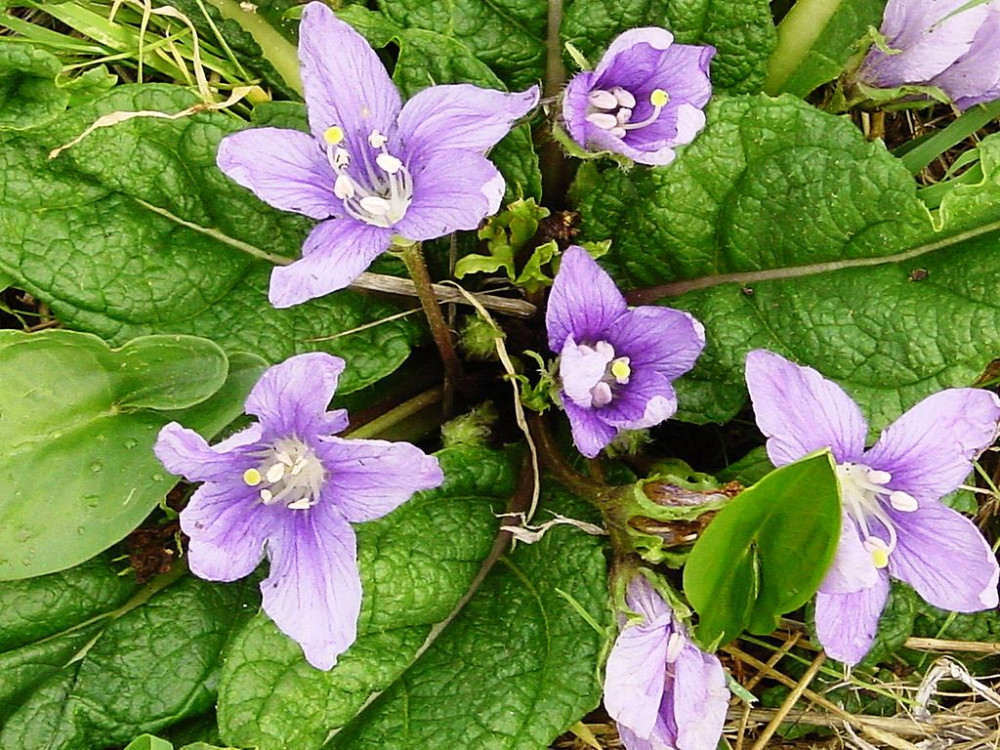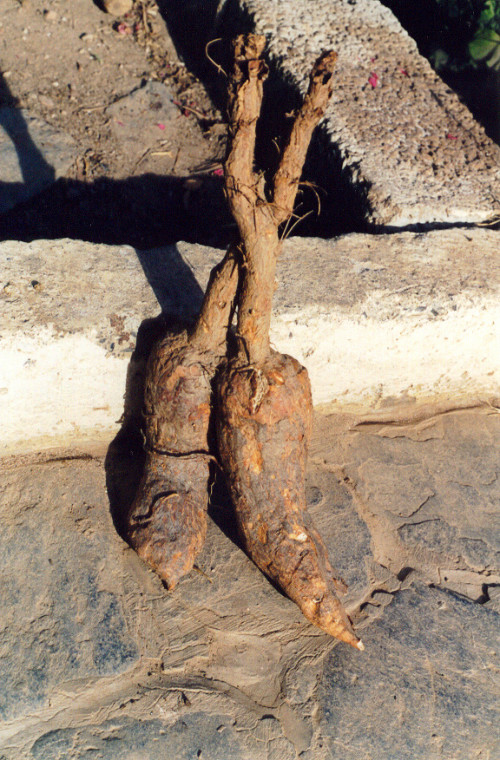
ALVIN JOHNSON looks at the Biblical mentions of the mandrake, known in Hebrew as the ‘dudai’…
The etymology of dudai is connected to the word for beloved. So it has sometimes been called the love plant. The dudai has been identified with the mandrake (Mandragora autumnalis). The mandrake is a perennial herb with thick tuberous roots.
The mandrake flowers in January and February and has small violet flowers, which are about two to three centimetres across. Later a smooth, round fruit about the size of an apple appears. This has a deep yellow colour when ripe and produces an apple-like scent, these can be eaten. These are commonly called ‘love apples’.

The flowers of a mandrake plant. PICTURE: tato grasso (licensed under CC BY-SA 2.5).
There is an Old Testament story from Genesis chapter 30 which mentions the dudai. The context is that Jacob is working for his father-in-law Laban in the area of Haran, which is today part of southern Turkey. Jacob has married two sisters, Leah and Rachel, and, from the story, there is a degree of rivalry between the two.
Jacob and Leah’s son Reuben was harvesting wheat when he came across some mandrakes in the field. It was unusual to find them still fruiting in the field in late May or early June (the time of the wheat harvest). So he took some back to his mother Leah. Leah then gave some to Jacob’s favourite wife Rachel, she in return let Leah spend the night with Jacob. As a result Leah conceived her fifth son, who was named Issachar. We pick up the story in verse 14:
During wheat harvest, Reuben went out into the fields and found some dudai [mandrake] plants, which he brought to his mother Leah. Rachel said to Leah, “Please give me some of your son’s dudai [mandrakes].”
But she said to her, “Wasn’t it enough that you took away my husband? Will you take my son’s mandrakes too?”
“Very well,” Rachel said, “he can sleep with you tonight in return for your son’s mandrakes.”
So when Jacob came in from the fields that evening, Leah went out to meet him. “You must sleep with me,” she said. “I have hired you with my son’s mandrakes.” So he slept with her that night.
God listened to Leah, and she became pregnant and bore Jacob a fifth son. Then Leah said, “God has rewarded me for giving my maidservant to my husband.” So she named him Issachar.’

Mandrake roots. PICTURE: Spacedive (public domain)
It is the thick roots that are considered to be the important part of the mandrake plant. Because they are often twisted and forked and have a human resemblance, the ancients ascribed to them magical qualities, in particular as a fertility herb. This may have been the belief behind Rachel’s desire to have the mandrakes, in the passage from Genesis 30. If so, it was a divine irony that Leah conceived instead.
The other reference to the dudai comes from the love poem, Song of Solomon:
Let us go early to the vineyards
to see if the vines have budded,
if their blossoms have opened,
and if the pomegranates are in bloom –
there I will give you my love.
The dudai [mandrakes] send out their fragrance,
and at our door is every delicacy,
both new and old,
that I have stored up for you, my lover.
– Song of Solomon 7:12-13.
Most of the time the mandrake produces either a strong unpleasant fragrance or none at all. However, it is when its fruit begins to ripen and turn yellow that its pleasant fragrance is produced.
This is an edited excerpt from Alvin Johnson’s iBook ‘Biblical Flora’, 2017. The book is available for free download on iTunes. A teacher’s edition is also available for purchase.






